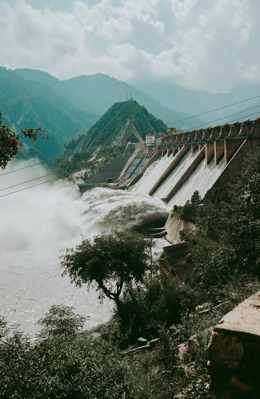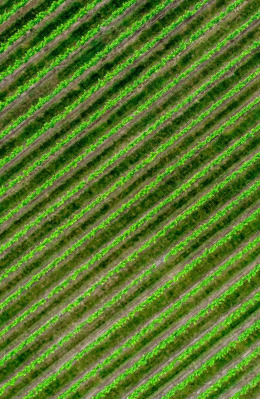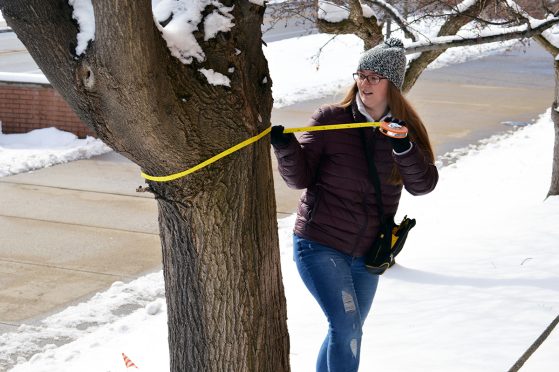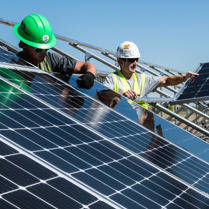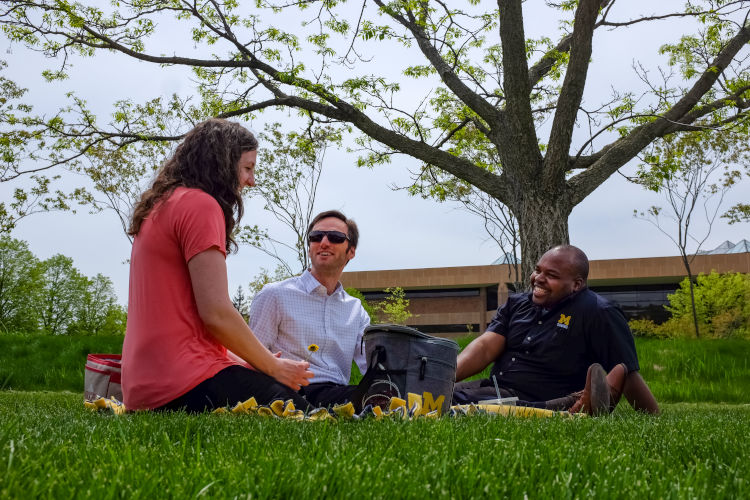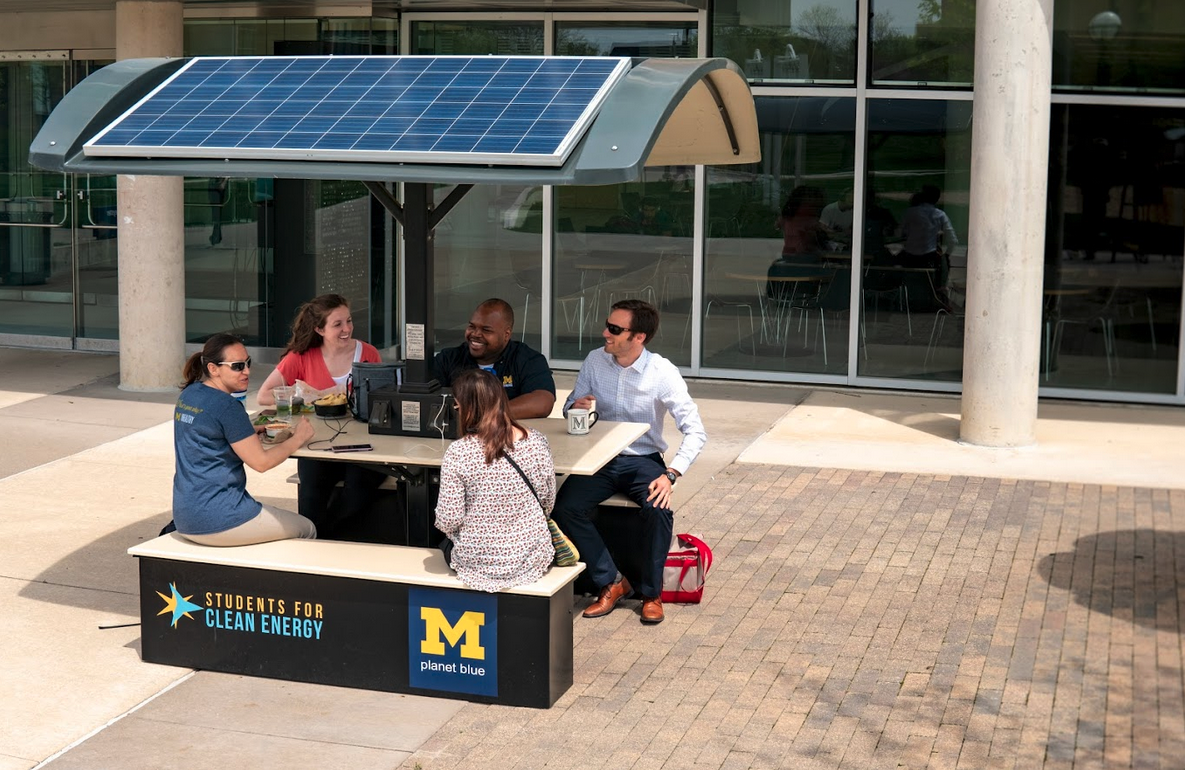A recent U-M study reveals that recipients are more likely to engage with emails containing negative sentiment sent by the Environmental Defense Fund, a U.S. based nonprofit organization. Specifically, emails with a negative tone were more frequently opened, and recipients were more likely to click on links within these emails, compared to those with a positive tone.
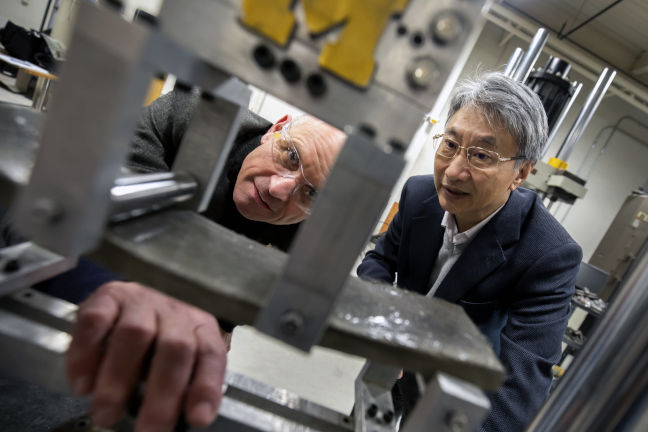
Climate change is the issue of our time, and combating the climate crisis is global society’s greatest current challenge. A number of technological, business, and policy hurdles must be overcome to ensure the future vitality of both the natural and built environments.
Learn more about Climate & Energy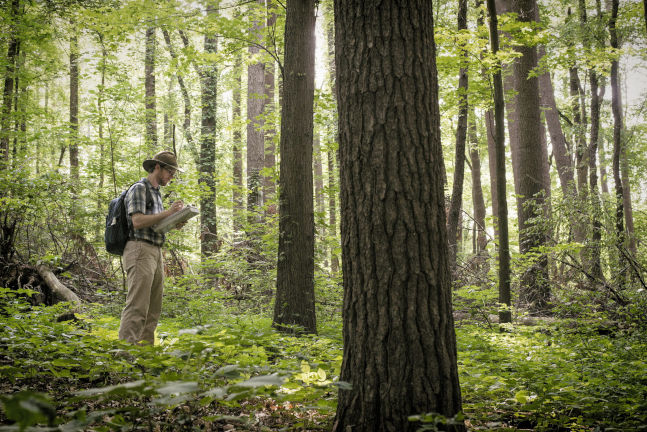
Climate change and the built environment pose threats to ecosystems around the world. Interdisciplinary approaches — examining the interplay between the natural environment and human activity — can enrich conservation, restoration, and habitat management efforts going forward.
Learn more about Conservation & Restoration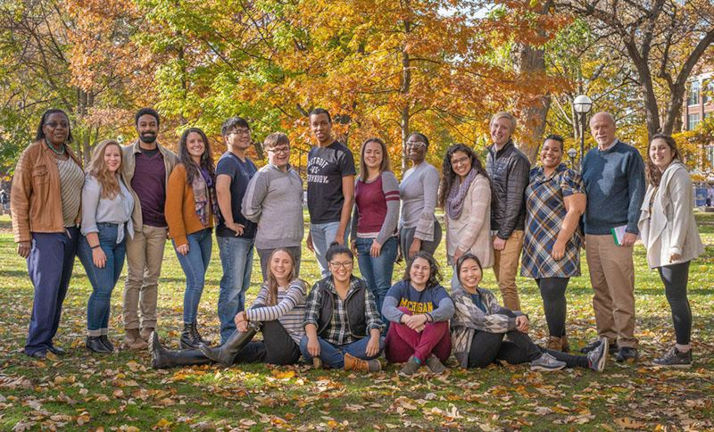
Low-income and underserved communities are poised to bear the greatest burdens of the climate crisis. Yet those same communities are least likely to access innovations in energy and infrastructure that could save lives and livelihoods. Justice must be central to our efforts to tackle this global crisis.
Learn more about Environmental Justice
Bold, equitable public policies, innovative business practices, and disruptions and adaptations within legacy industries can all help address the climate crisis.
Learn more about Environmental Policy & Business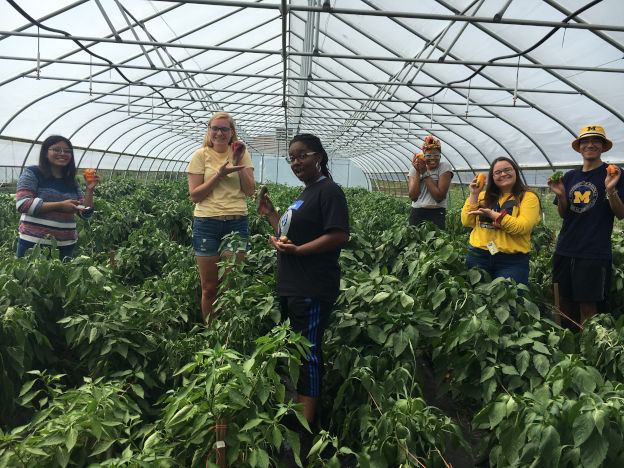
An accessible, equitable, and ecologically sound food system is vital toward a sustainable world. Food systems extend beyond nutrition, and a number of actions must be taken to adequately address food’s role in climate change as well as persisting global hunger.
Learn more about Food Systems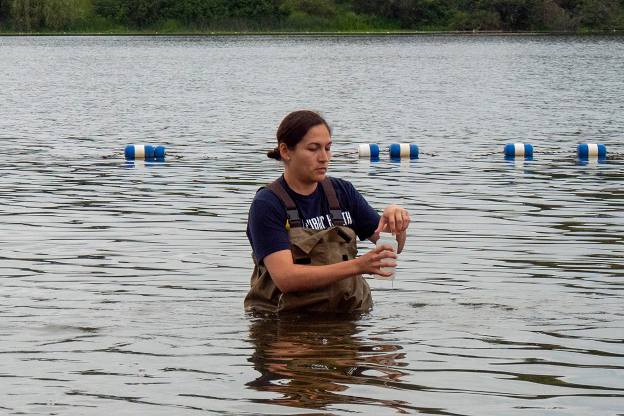
Climate change and other environmental crises threaten to harm overall human health and exacerbate existing gaps in health equity. In charting the path ahead, public health professionals and sustainability researchers alike must address how our changing global climate impacts air quality, food sources and supply chains, the spread of infectious disease, mental and community health, and other dynamic processes.
Learn more about Human Health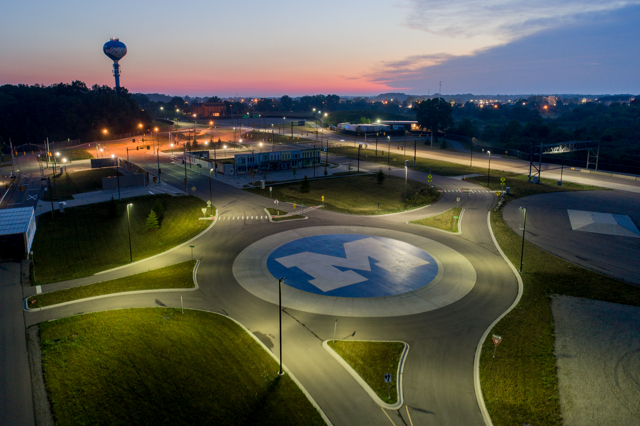
Advances in mobility, materials, and landscape architecture pose new opportunities for the world, and especially for the more than half of the global population that now resides in cities. As we face the climate crisis, new strategies for the built environment will be necessary to ensure the health of distinct communities and the natural environment.
Learn more about Infrastructure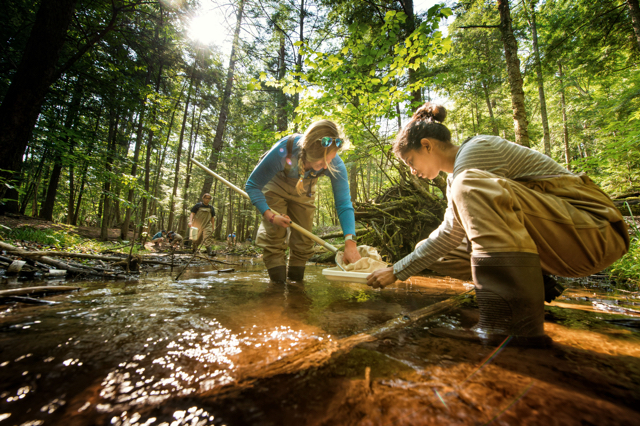
Water is essential to our planet. Without it, there is no life. But there are many environmental challenges that need to be addressed to ensure the continued health and safety of water resources worldwide.
Learn more about WaterLeadership from 650+ Experts
U-M faculty are on the forefront of leading research, teaching, and engagement efforts on an array of environmental topics. Researchers contribute their interests and expertise, enabling the university to serve as a nexus for ideas and far-reaching solutions.
Refresh the page to view additional leading U-M experts in sustainability.
Working Toward Carbon Neutrality
Scalable and transferable steps to achieve net-zero greenhouse gas emissions across all three campuses, Athletics and Michigan Medicine
Track our Progress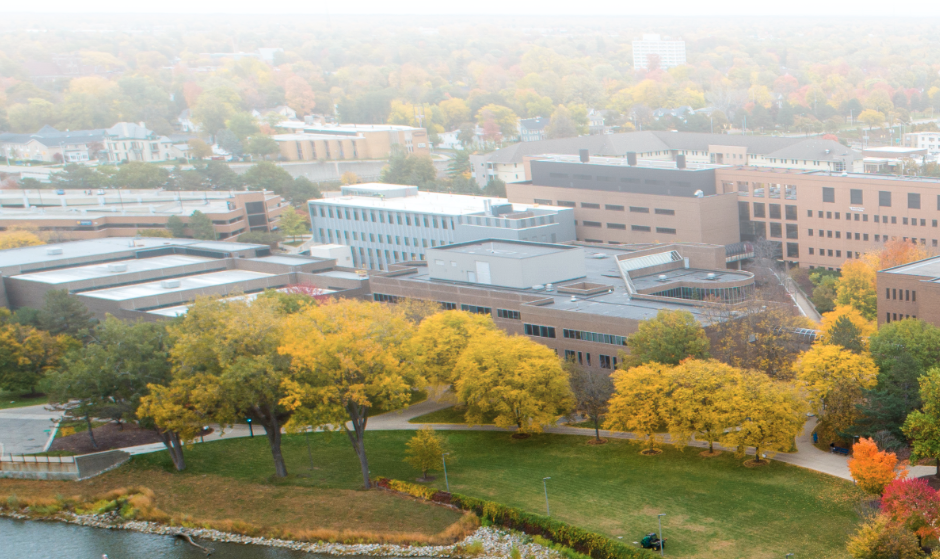
Planet Blue
Empowering students, staff, and faculty to get involved in sustainability work on campus, at home, and in the community
Get Involved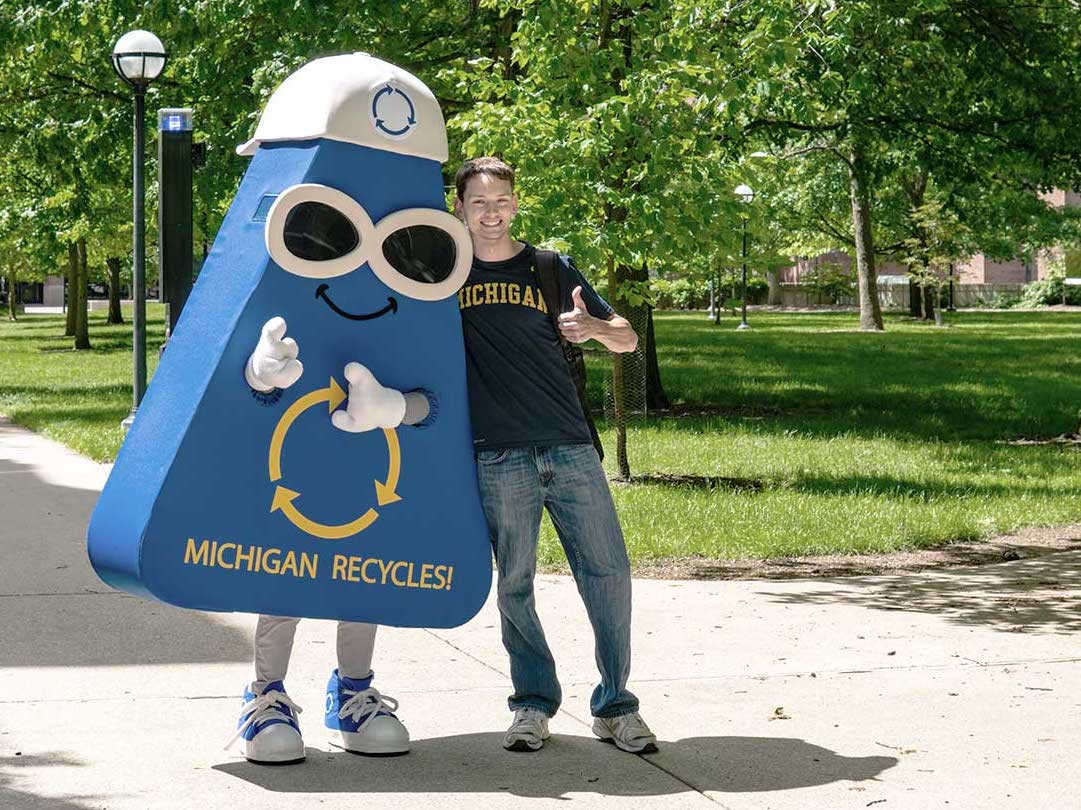
Creating a More Sustainable U-M
Collaborating with the university community to pursue climate action, reduce waste, and ensure healthy environments
Learn more about sustainable operations on campus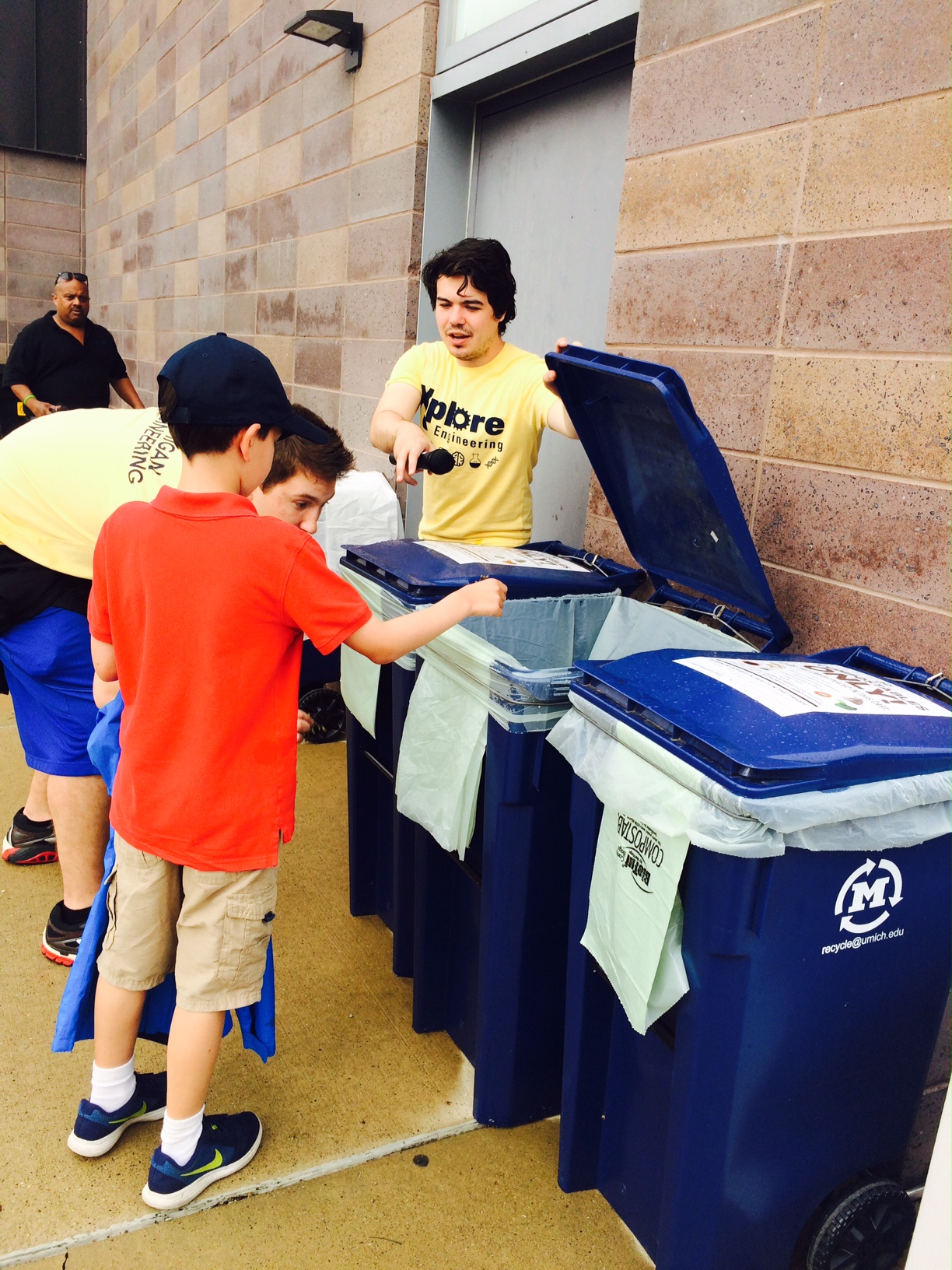
- College of Engineering
- College of Literature, Science, and the Arts
- Erb Institute
- Ford School of Public Policy
- Graham Sustainability Institute
- Institute for Energy Solutions
- Matthaei Botanical Gardens and Nichols Arboretum
- Office of Campus Sustainability
- Office of Research
- Office of the President
- School for Environment and Sustainability
- School of Public Health
- Taubman College of Architecture and Urban Planning

Michigan Engineering strives to anticipate the changes ahead and provide scientific and technological leadership for the common good. It is home to top-ranked departments that collaborate within the nation’s number one public research institution.
Learn More about Michigan Engineering
With more than 100 degree programs in over 75 academic units, the College of Literature, Science, and the Arts (LSA) is the largest of U-M’s 19 schools and colleges and is still at the heart of the university. The college is built upon the idea that a powerful, pragmatic, broad education can transform hearts and minds, can solve problems in an ever-changing world, and can yield ideas and innovation across every discipline.
Learn More about LSA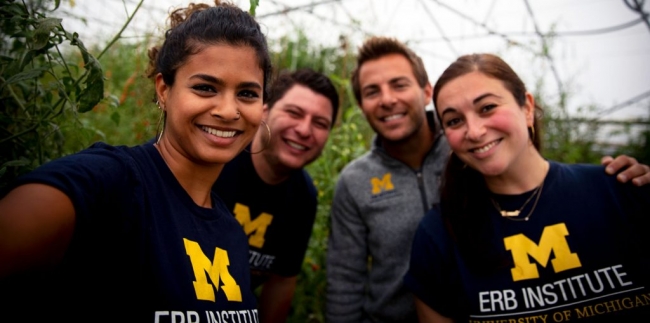
The Erb Institute — a partnership between U-M’s Ross School of Business and the School for Environment and Sustainability (SEAS) — aspires to create a socially and environmentally sustainable world through the power of business. Erb conducts research, teaching, and business engagement; all focused on preparing and supporting bold business leaders who can adeptly transform companies, industries, and entire economies for systemic sustainability.
Learn More about the Erb Institute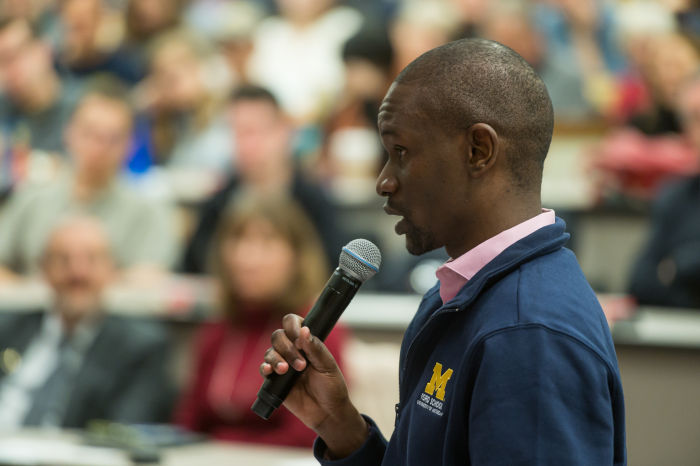
The Gerald R. Ford School of Public Policy at the University of Michigan is a community dedicated to the public good. It inspires and prepares diverse leaders grounded in service, conducts transformational research, and collaborates on evidence-based policymaking to take on our communities' and our world's most pressing challenges.
Learn More about the Ford School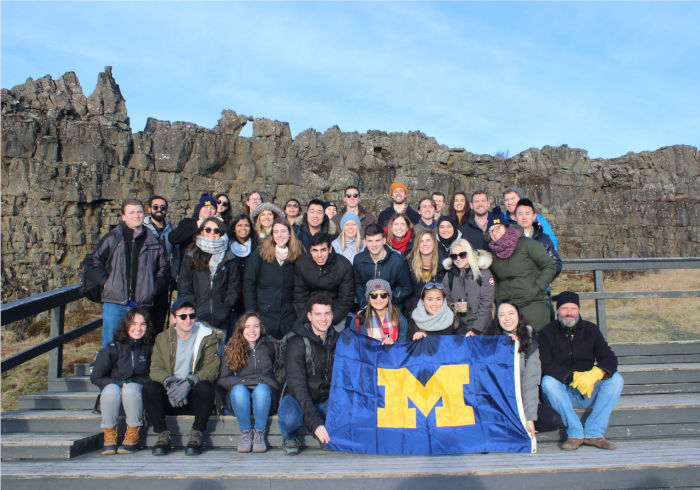
The Graham Sustainability Institute catalyzes and facilitates sustainability-focused collaborations involving faculty, students, and external stakeholders. Graham links knowledge to real-world impact by supporting teams spanning multiple topics, disciplines, and sectors.
Learn More about the Graham Sustainability Institute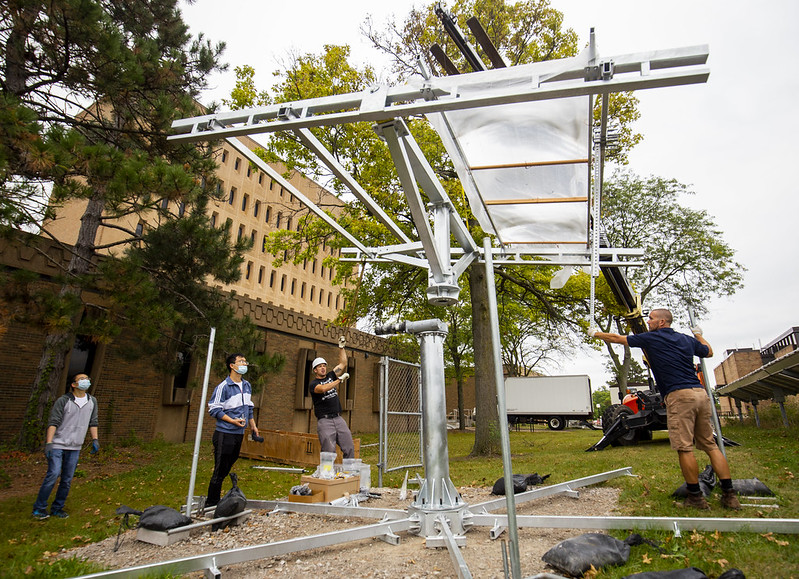
The Institute for Energy Solutions pursues energy science and technologies to enable, accelerate, and inform the transition to an equitable, resilient, clean, affordable, and sustainable energy future.
Learn More about the Institute for Energy Solutions
The University of Michigan Matthaei Botanical Gardens and Nichols Arboretum promotes environmental enjoyment, stewardship, and sustainability through education, research and interaction with the natural world.
Learn More about Matthaei-Nichols
The Office of Campus Sustainability coordinates sustainable campus operations and collaborates with academic and auxiliary units and student groups in pursuit of university sustainability goals. OCS tracks and reports progress across several key areas, and communicates with campus and community stakeholders.
Learn More about OCS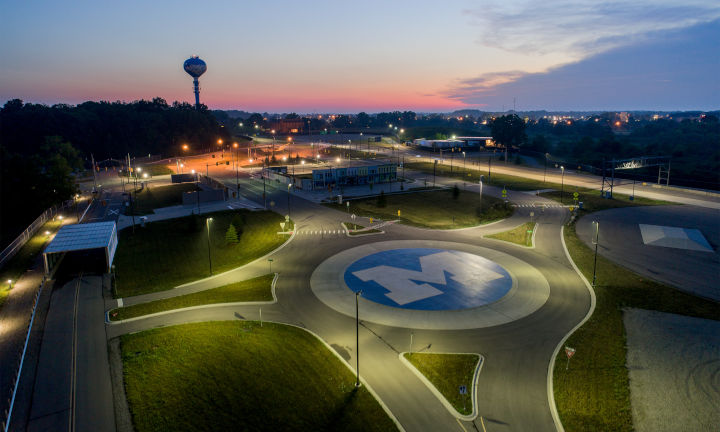
As the nation's largest public research university, the U-M Office of Research (UMOR) aims to catalyze, support, and safeguard U-M research.
Learn More about the U-M Office of Research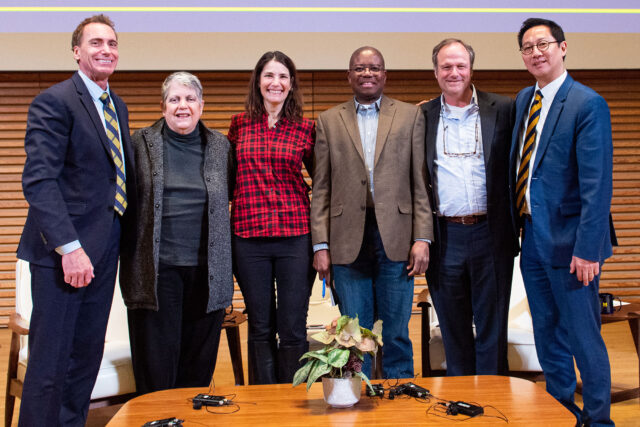
The threats posed by the climate crisis extend far beyond the U-M campus and community. By bringing together academics, activists, and community leaders, U-M, as a top public research university, has a distinct opportunity to help chart the path forward.
Learn More about the Office of the President's Initiatives and Focus Areas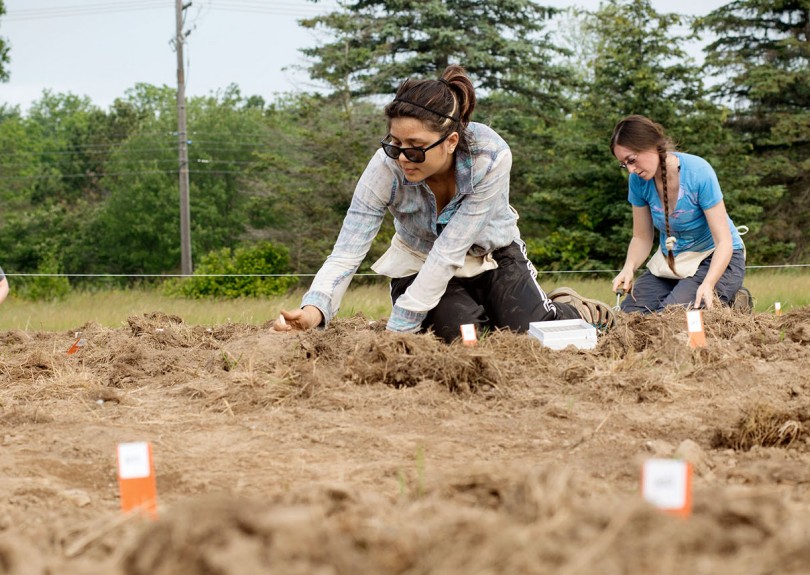
Climate change. Population growth. Food access. Water quality. The world needs bold leaders willing to take on urgent environmental issues, now more than ever. The School for Environment and Sustainability (SEAS) is focusing on the future, transforming research into action to create a healthier planet for all.
Learn More about SEAS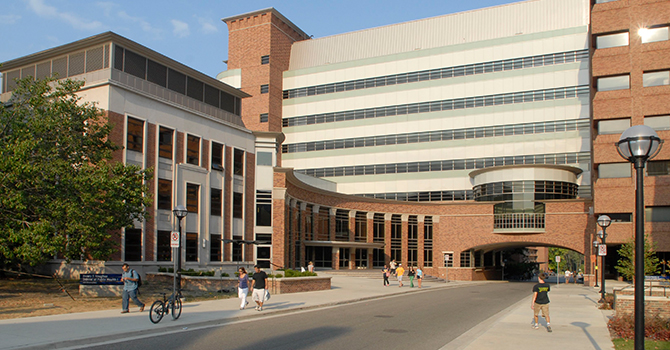
The U-M School of Public Health is pursuing a healthier, more equitable world through education, research, and action. The School of Public Health works with compassion, innovation, and inclusion to create meaningful, lasting impact.
Learn More about the School of Public Health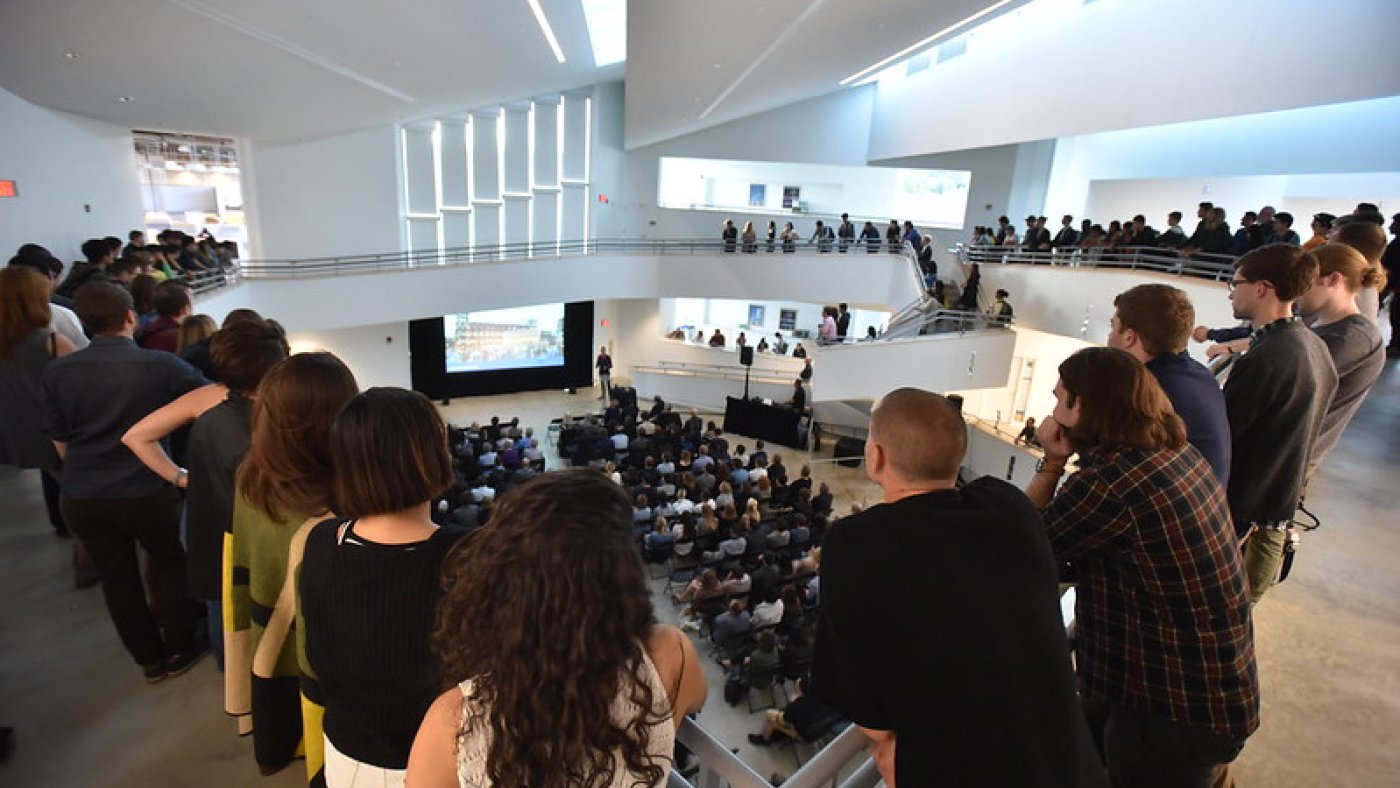
Taubman College of Architecture and Urban Planning at the University of Michigan aims to create a more beautiful, inclusive, and better environment for generations to come. Through interdisciplinary education and research, Taubman College prepares graduates for positions of responsibility within a wide spectrum of professions, organizations, and institutions that shape the built environment at scales ranging from local to global.
Learn More about Taubman College of Architecture and Urban PlanningEvents
Jul
28
Things With Wings
1:00 PM
Join us for an exciting all-ages event celebrating everything that soars! Dive into a day filled with adventure and discovery, including: Bug...
Aug
7
Free Wonder Walks
5:30 PM
Join us for free, guided nature walks! Matthaei Botanical Gardens is hosting free guided nature walks on select Wednesdays and Sundays. These walks...
Aug
13
Canoe Clean-Up
2:00 PM
Join Planet Blue Ambassadors for a canoe clean-up in Gallup park on August 13 from 2-4 pm. Enjoy a paddle on the Huron River while picking up trash in...
In The News
Sporting a brand new roll cage, the U-M solar car team’s latest vehicle will speed down parts of the Oregon Trail and seven other national historic trails during this year’s American Solar Challenge, July 20-27. Starting in Nashville, Tennessee, the team will drive more than 1500 miles to the finish in Casper, Wyoming.
The percentage of Michigan local governments that say they have or are considering renewable energy goals has doubled since 2019. Local officials also report that a variety of energy issues, such as energy infrastructure zoning and planning for electric vehicles, are more relevant to their communities than they were four years ago, and the tone of local policy discussions regarding zoning for renewable energy infrastructure is generally seen as constructive.



